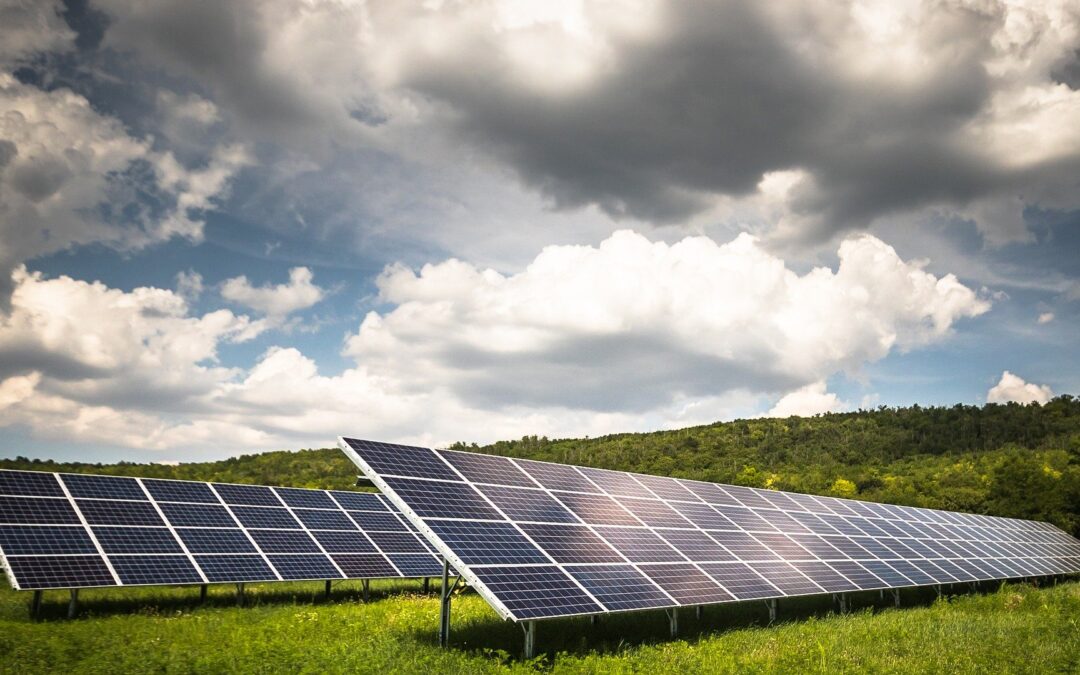Poland has set a new record for solar energy production. The development comes as the government seeks to gradually transition away from reliance on coal, with renewables playing an ever larger role in the country’s energy mix.
Poland’s solar grid collectively yielded 2.25 GWh of energy in the hour before noon on Monday. It was the first time that solar generation exceeded 2 GW, according to grid operator PSE. At its peak at 11 a.m., the solar grid was working at 59% of its total capacity.
“Breaking further records is only a matter of time” given Poland’s rapid expansion of solar generation, notes Business Insider Polska. Solar power received the largest total investments within the Polish energy sector last year, of around 6 billion zloty (€1.6 billion).
In 2020, the solar grid produced only 1.25% of Poland’s total energy. That was, however, almost three times the figure of 0.44% in 2019.
The recent boom in solar energy has been fuelled in part by photovoltaic micro-installations on people’s homes, supported by a successful state subsidy scheme. Poland’s network of commercial farms and rooftop panels reached a total capacity of 4.1 GW in January 2021, after growing 162% in the last year.
In December, Poland also registered its highest ever level of wind energy production. The instantaneous power generation of 5.7 GW was the third highest in Europe at that moment, behind only Spain and Germany.
Reaching 81% of production capacity, wind generation accounted for almost 22% of net electricity generation in Poland on that day, behind only hard coal (44%) and ahead of brown coal (18%) as energy sources.
However, with coal still accounting for over 73% of Poland’s energy mix – the highest level in the EU – the country still lags well behind many other member states when it comes to the use of renewables. A recent study by climate think tank Ember found that Poland has the EU’s dirtiest energy production.
Though the current conservative ruling party has long been supportive of coal, it has in recent years acknowledged the necessity of transitioning towards greener sources of energy. Last month, it published details of a long-term energy strategy that included expanding the role of renewables.
The government is also pushing ahead with plans to build Poland’s first ever nuclear power stations, with operation scheduled to begin by 2026. A recent agreement with unions set out a timetable to close the country’s coal mines by 2049.
Main image credit: Zsuzska321/Pixabay (under Pixabay License)

Maria Wilczek is deputy editor of Notes from Poland. She is a regular writer for The Times, The Economist and Al Jazeera English, and has also featured in Foreign Policy, Politico Europe, The Spectator and Gazeta Wyborcza.




















